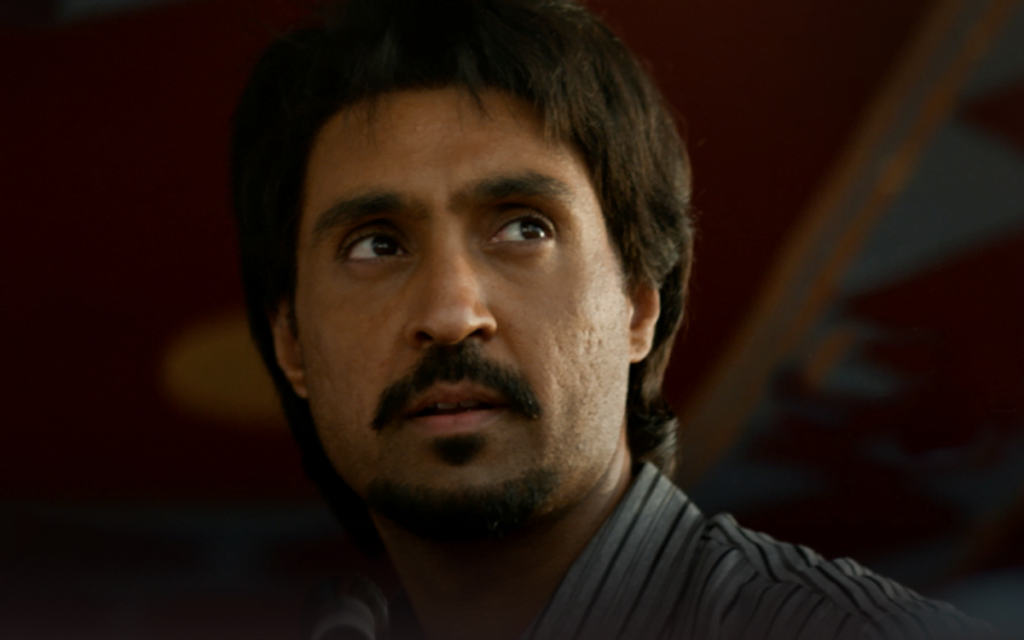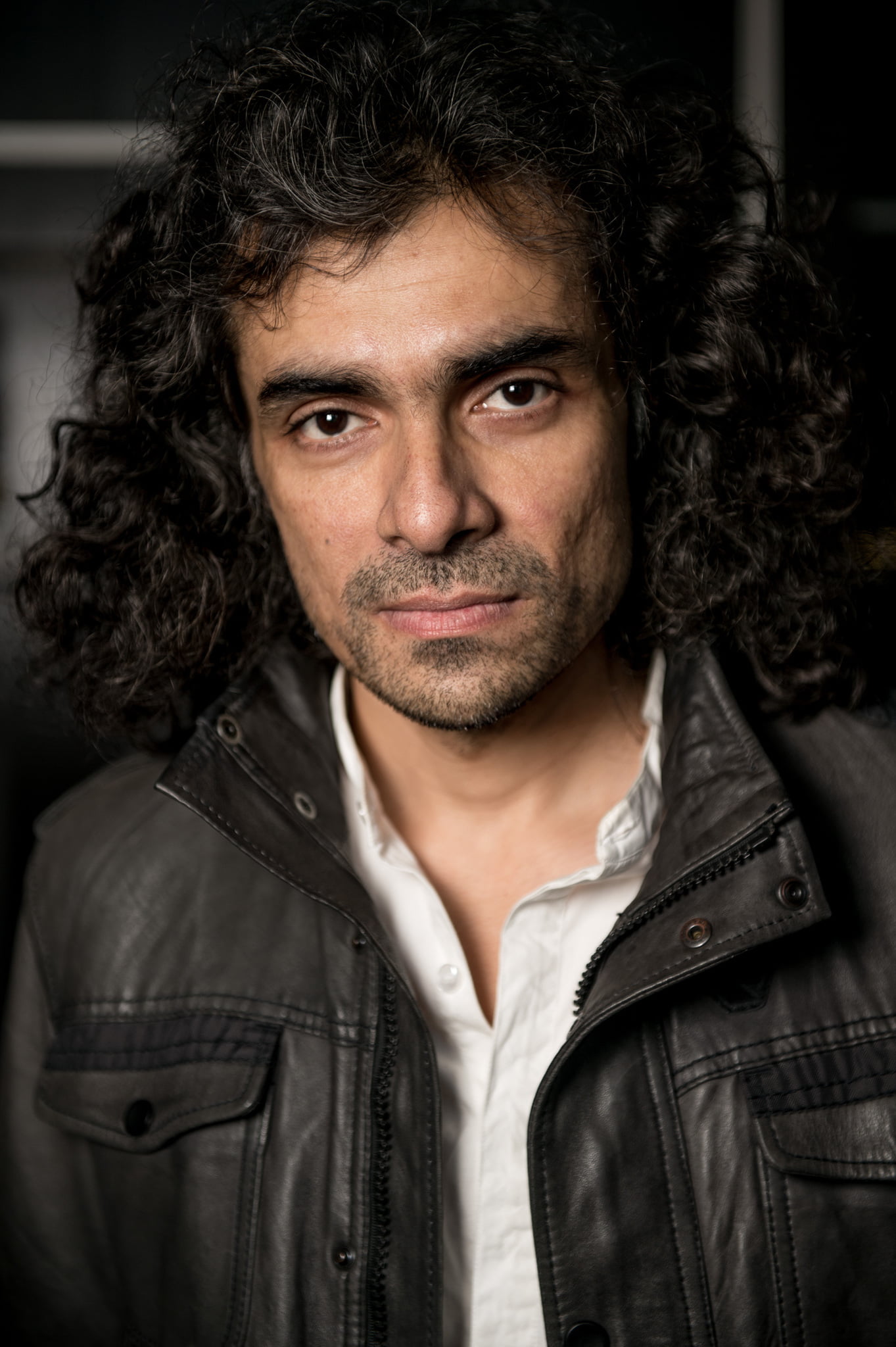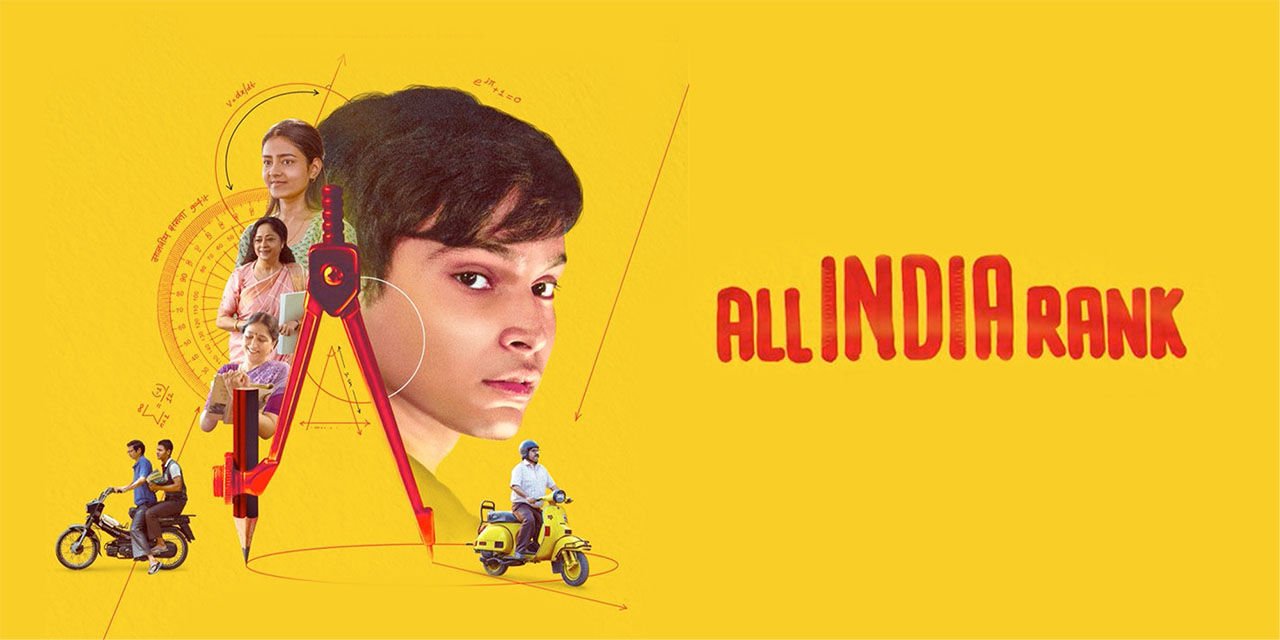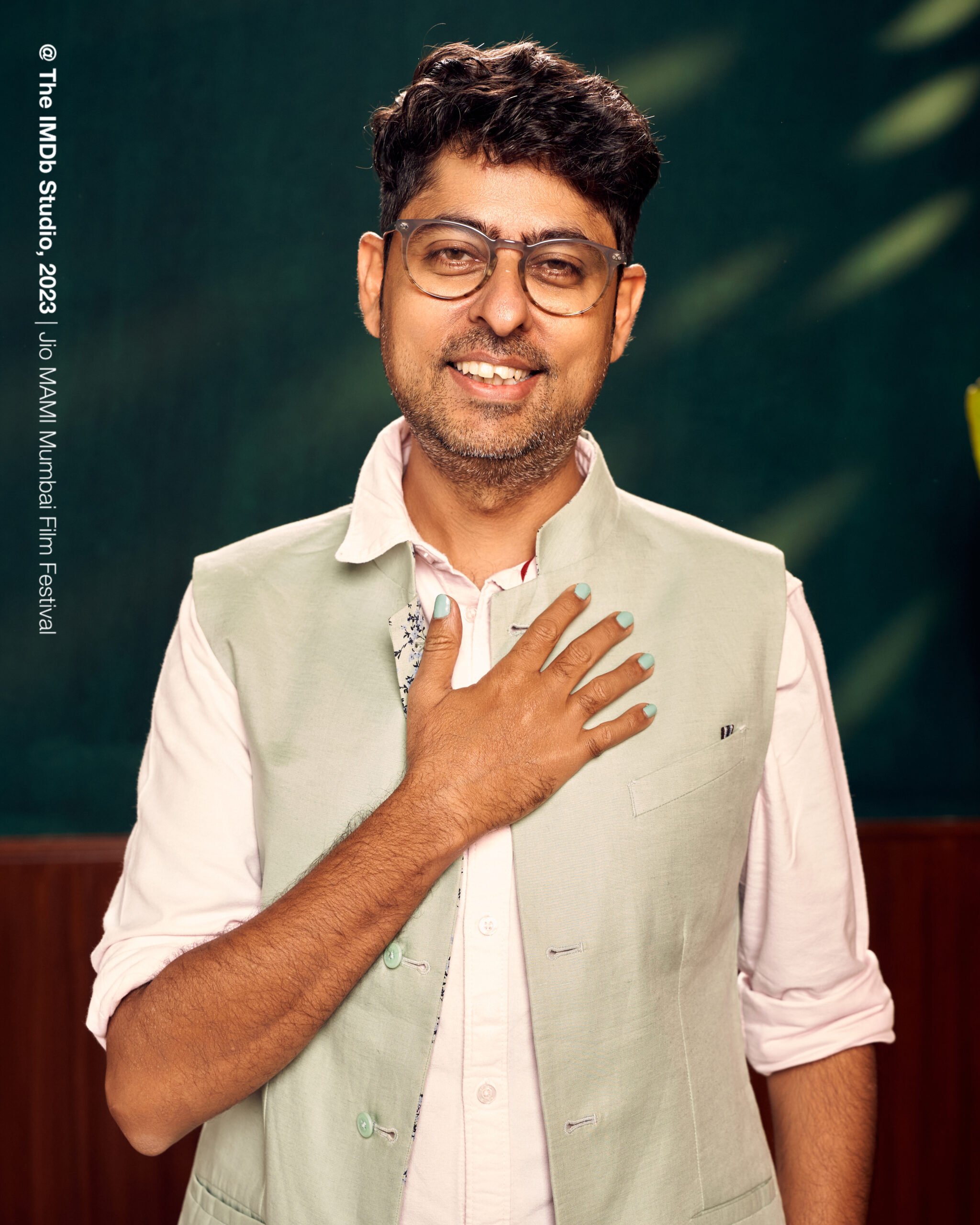The past month showcased two narratives on OTT platforms, each emerging from distinct worlds, diverse economic statuses, and professions, yet both compelling the audience to contemplate the very benchmarks of success and morality laid out by society. The films in the discussion are Imtiaz Ali’s Amar Singh Chamkila, inspired by the true story of the Punjabi singer Chamkila and his wife Amarjot during the 1980s, and the fictional narrative of All India Rank, which follows the story of Vivek, a 17-year-old from Lucknow during the 1990s, who moves to Kota intending to fulfill his parent’s dream of him entering an IIT.
Though the stories unfold against contrasting political, economic, and social canvases, they converge on the theme of questioning the validity of societal norms and the benchmarks that individuals are conditioned to follow.
Though the stories unfold against contrasting political, economic, and social canvases, they converge on the theme of questioning the validity of societal norms and the benchmarks that individuals are conditioned to follow. Despite the different tapestries of their settings, both narratives are seamlessly woven to prompt reflections on the judgments and expectations imposed on oneself and the subsequent generation by the prevailing system.
The invisible benchmarks of morality In Amar Singh Chamkila
In Amar Singh Chamkila, the artist and his wife are persistently judged by self-appointed guardians of religion and morality who label their music as indecent, alleging it has the potential to degrade societal values. Yet, ironically, the public continues to celebrate and enjoy these tunes in various settings. The songs boldly touch on themes such as women’s sexuality, infidelity, attraction, and substance abuse, achieving hit status, and remaining enduringly popular. Despite the artist’s forays into other musical genres, the audience’s appetite for his “bold” songs never wanes.

A poignant moment in the film has Chamkila acknowledging his understanding of why the public relishes his music; he identifies with them as “a common person.” The film serves as a reminder that no one has the authority to dictate the parameters of love, choice, and morality in society, affirming the right to appreciate art in all its forms. Chamkila with his songs broke the shackles set within the systems of caste, poverty, and what is considered to be morally right for both men and women.
Passion for music more sacred than life in Amar Singh Chamkila
Chamkila’s strength also lies in the way he collaborates with the woman in his life. It was almost an organic decision to marry her so that he could secure her as a life-long professional collaborator – his passion for his music is far more sacred which forces him to lie about his previous marriage.
He is unapologetic about disappointing his family who he ultimately knew were selfish and greedy – and they are seen lusting over his money even after his death. Almost all his acts are driven by his relentless passion for music, which he does not compromise on. The truth remains, that he was so sure of his craft and his understanding of his listeners that every compromise, even his life, was right in his eyes.
Academic catalogues of society in All India Rank
Conversely, All India Rank narrates the aspirational yet cautionary tale of the education system’s pitfalls. Set in the ’90s, it depicts a middle-class family’s belief that their son’s admission to the prestigious Indian Institute of Technology (IIT) will ensure their monetary stability in the future, and respect, and pride within the community. The protagonist, Vivek, faces the monumental pressure of his parents’ hopes as he navigates the preparatory culture in Kota, a city synonymous with IIT coaching.
The film is a stark reminder of the circumstances that lead to suicides in the student community in Kota even today. We see Vivek grapple with the challenges of adulthood in a situation that almost feels like solitary captivity and poor nutrition that leads to fatigue, both mentally and physically. Back home, Vivek’s parents continue to mask their pains and miseries from their son and even go to the extent of not allowing Vivek to visit home during the year – so that nothing comes in the way of his admission to the IIT.
The story reaches a critical juncture when Vivek’s father has an epiphany upon discovering that a local youth of dubious behavior, who had shown disrespect towards his wife and was known for his shady activities, is an IIT graduate and a son of a successful IITian. This revelation shatters the illusion that academic laurels from eminent institutions are a true measure of one’s character, highlighting the societal constructs that mistakenly conflate academic and economic triumphs with personal virtue.
We make our own choices
Both films, through their distinct narratives, illustrate the burdens of societal expectations and the prescriptive nature of distinguishing between right and wrong. The depiction underlines that no educational institution can serve as an unequivocal badge of professional success or societal merit.
While IITs and IIMs continue to have a fair share of preferences in the job market and matrimonial engagements in India even today, we also have a fair share of non-IIT graduates making strides in the fields of entrepreneurship, technology, and governance.
Director Varun Grover, who himself hails from the Indian Institute of Technology (BHU) Varanasi, shows how the pressure to conform and pursue conventional career paths often leads individuals to occupations that do not align with their genuine interests or capabilities.
While the candidate secures a job on campus, he is left grappling to find his calling later in life – a phenomenon explored by Chamkila’s director Imtiaz Ali in one of his previous films Tamasha.
While the candidate secures a job on campus, he is left grappling to find his calling later in life – a phenomenon explored by Chamkila’s director Imtiaz Ali in one of his previous films Tamasha. In the same vein, preferences in art, literature, and film should be free from external dictates, remaining subjective to one’s liberty of expression.

The films hold particular relevance in today’s context, where validation is incessantly sought on social media and as well as via societal engagement. Although the metrics of evaluation have evolved, the fundamental challenges remain constant. Influencers, leaders across various professions, and a few dominant digital platforms often attempt to impose their standards of validation on the masses, who in turn face these pressures each time they engage with a digital device.
The narratives of Amar Singh Chamkila and All India Rank serve as a stark reminder that individual choices are pivotal in shaping one’s identity, and no external force has the right to impose constraints or boundaries on them.
Our insecurities about ourselves, whether due to physical aspects or in the aspects of success and monetary achievements, are thereby visible to platforms that are now by default tracking these emotional outbursts on the platforms. The narratives of Amar Singh Chamkila and All India Rank serve as a stark reminder that individual choices are pivotal in shaping one’s identity, and no external force has the right to impose constraints or boundaries on them.
About the author(s)
Sneha has worked in the media ecosystem for over a decade and through her roles has always endeavoured to create impact and growth for concerned stakeholders. She has worked as a journalist, media investment manager and strategic partnerships for India's top news aggregator -- worked with regional language media houses, and women-centric projects/organisations, reported on key business events and executed projects, and mentored young aspiring journalists. She has also volunteered with organizations like Yunus Social Business, Facebook, ACTGrants and American India Foundation. Through her writing, she aims to explore the intersections of education, gender and technology and also loves writing about movies, web series and music.







